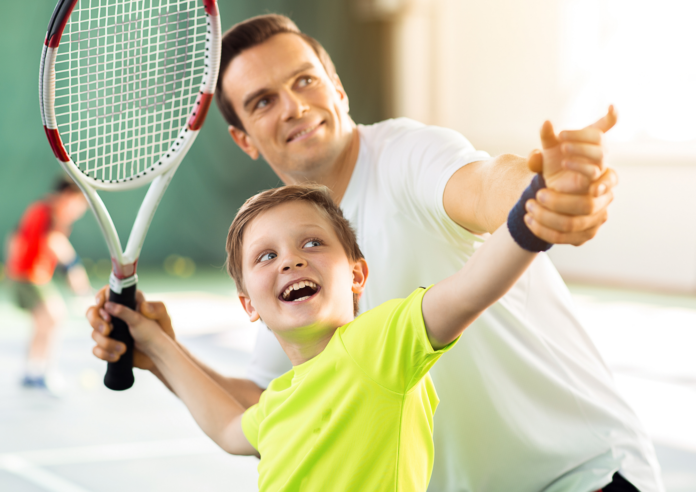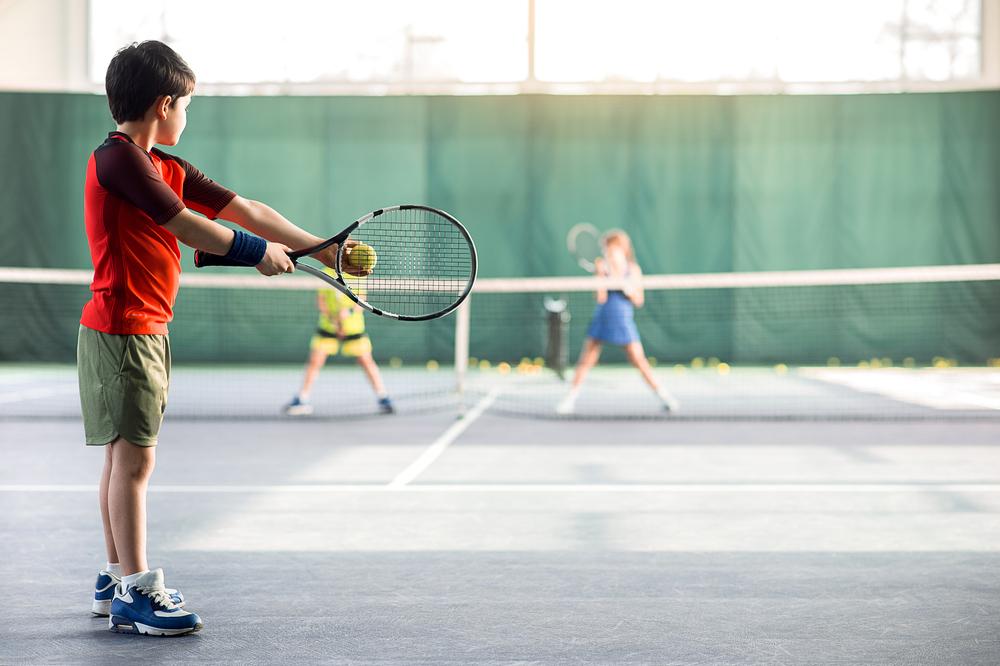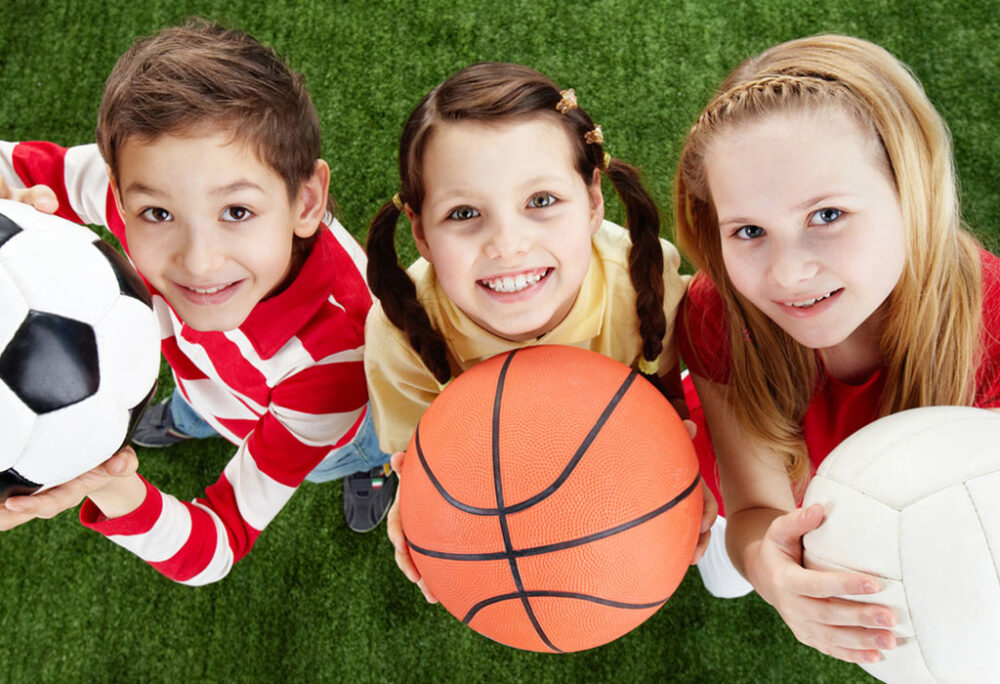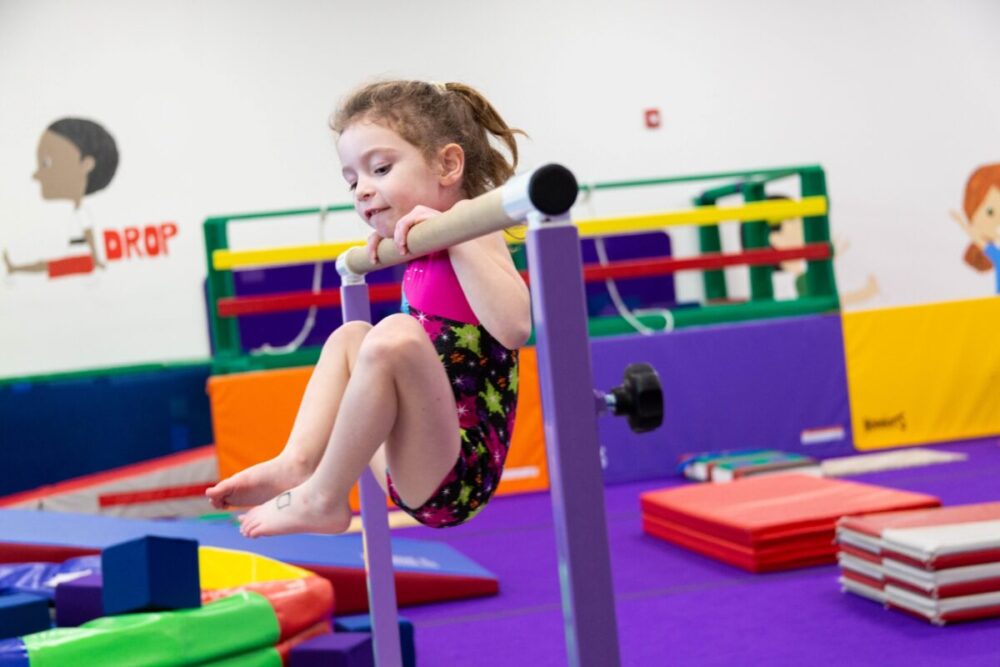
The impact of sports on human health cannot be overestimated. When people are active, they feel more energetic. Sports are especially important in the life of children because it helps to strengthen the body and make it more enduring. But the positive effect of physical activity does not end there: it also has a positive effect on the mental development of children, strengthens their intelligence.
It is generally believed that sports are only useful for the physical development of the child, while the training of intellectual abilities needs mental exercise. But in fact, there are many similarities between these different activities. How does it happen?
How sports affect a child’s brain

The human body is in dire need of physical activity. Over the past few decades, our lives have changed fundamentally – people have begun to spend more and more time sitting in front of a computer at home or at work. Children are especially strongly affected by this. For full development, they need more time to be out in the fresh air: run, jump, play outdoor games.
Sports influence the development of intellectual abilities since childhood. Motility is the basic component on which the personality, its mental, psychological, and emotional development is built. Reasonable exercise is good for the health of everyone, young and old. But few people know that sports not only make the body stronger but also contribute to the development of the human brain. Scientists have found that an active lifestyle affects the growth of nerve cells, which improve various functions of the intellect, namely memory, and thinking.
In addition, sport makes a person more energetic. This is especially important for children because mental clarity and the ability to maintain concentration directly affect the quality of learning new knowledge in school.
The body of children intuitively knows that movement is necessary for the healthy development of the brain and the body as a whole. However, if we do not give children the opportunity to realize this natural desire, we allow them to sit near the TV or computer, they become apathetic and moody, gain excess weight, and do poorly at school.
Lack of outdoor exercise and a sedentary lifestyle, on the contrary, makes a child sleepy and inactive. It is more difficult for them to concentrate on lessons than active peers, which affects both their performance and desire to learn. In such cases, parents often have to help their children with their studies and homework, buy an essay from professional writing companies like WriteAnyPapers, or hire tutors.
Therefore, it is important to accustom children to sport, because it greatly improves the quality of their lives.
Which sports are better for children

Not all sports are equally good for children. Parents should not send their children to sections where there is a high chance of serious injury. For example, for small children are not very suitable martial arts, in which it is possible to injure the head. No matter what activities you choose, you must carefully take care of the safety of your little athlete.
But for active children, almost any activity is suitable. The main thing is that they like it.
Here are a few sports in which children can try themselves:
- Swimming. This sport has a unique effect on the human body. It not only strengthens the immune system and trains all muscle groups but also relieves stress. Considering the stress on the psyche of modern schoolchildren, it becomes useful.
- Dancing. It gives a moderate physical load, teaches a child to better control their bodies, improves coordination. In addition, dancing is a huge space for creativity.
- Gymnastics. Even a light range of gymnastic exercises can significantly improve blood circulation. This kind of sport is very useful for children because it neutralizes the negative effects of a sedentary lifestyle, to which modern schoolchildren are so prone.

- Team sports. Soccer, volleyball, basketball – all these sections not only give the body a useful workout but also instill in the child social skills. Working in a team allows learning how to interact with other people, which is very useful in adulthood.
- Intellectual sports: chess, checkers, and so on. Even if they do not provide a significant amount of physical activity, they improve attention, teach concentration, and build analytical and strategic skills, all of which are beneficial in the study.
- Tennis, skiing, running, wrestling, and other sports in which individual results are important. They make the child more organized, teach them to make efforts and achieve their goals.
When choosing a section, it is important to consider the opinion of the child, because sport is more a hobby than a compulsory activity. It is also necessary to properly distribute the load so that such activities are beneficial to the development of children.
How to combine physical activity and development of the child’s intellect

Sport teaches children to win, increases self-confidence, and promotes physical and mental development. But in sports, as in any other activity, the measure is important. The sections should not exhaust the child, after them they should feel slight fatigue, but not weakness. Do not force children to engage in a sport that is not interesting for them, sections should be attended with pleasure.
Also, don’t make sports obligatory because not all children are capable of participating in such activities. Many children find themselves in something else – they are engaged in creativity, are fond of reading literature, or are interested in various sciences. If a child is categorically not interested in sports, then there is no need to insist on their attendance. It is enough to accustom schoolchildren to do exercises in the morning and spend more time in the fresh air – for many children, such activities are enough to feel awake and full of energy.
For the full physical and mental development of children, it is important not only to combine physical and intellectual activities but also to leave them time for leisure and relaxation. Excessive workload will only be harmful. Observing these recommendations, it will be possible to harmoniously organize the daily routine of the child, which will allow them to grow up smart, healthy, and happy.








